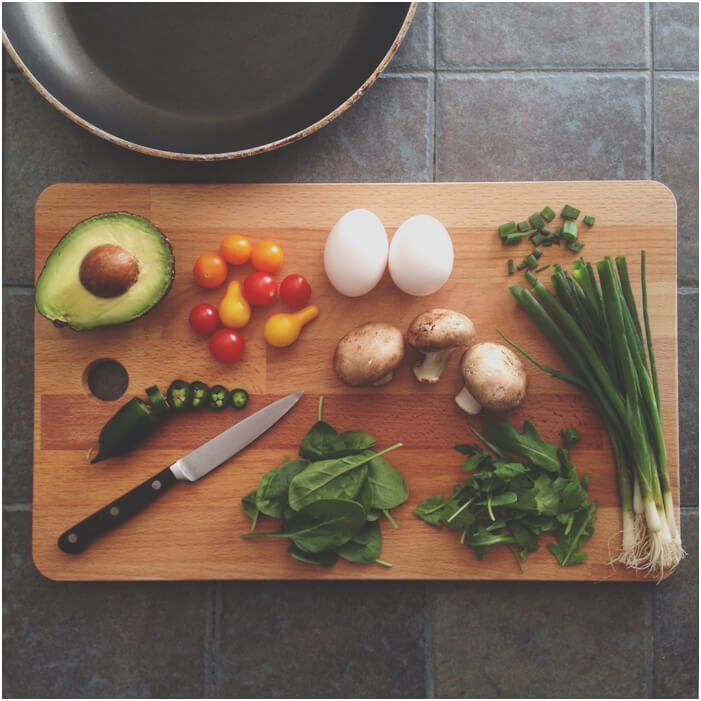Top foods to eat as you age

As you grow throughout your life, your diet is primarily focused towards nutrition – ensuring that you grow up to be big, strong and healthy. This development can last as far as your late twenties.
Once you reach the later stages of life, however, the majority of growth and development is well and truly over. Your diet should, therefore, change to reflect this. You should be focusing on eating a diet that helps us maintain a healthy and active lifestyle.
By changing our diet to reflect the fact that you’re in later life, this will keep your risk of age and weight-related diseases, such as cardiovascular disease and type-2 diabetes, as low as possible. But the best way to ensure that you are living a healthy lifestyle is to eat a balanced diet that caters specifically to your needs at your age.
Calcium
As you get older, the calcium that is required for healthy, strong bones can start to be reabsorbed back into the body. This is known as osteoporosis and will eventually cause the bone tissue to become weak and brittle.
In order to reduce the risk osteoporosis and keep bones healthy, make sure that you are including calcium-rich foods in your diet. Milk, yoghurt and cheese all have high amounts of calcium, as do leafy green vegetables and calcium fortified cereals.
Fat
People who are later in life can sometimes find that fat restriction is not necessary, especially if they are frail, below a healthy weight or have a small appetite as a result of medication. In these cases, extra fat from foods can be beneficial, helping you reach the required number of calories that should be eaten each day.
If you are looking to increase the amount of fat added to your diet, look towards healthy fats. These can be found in foods such as sardines, unsalted nuts and full-fat milk.
Fibre
Although it is rarely talked about, bowel problems can be a major issue for people as they age. Many older adults suffer with constipation. By including a high level of fibre, however, you can keep these issues to a minimum. Fibre helps the digestive system to remain healthy and functioning correctly.
To increase the amount of fibre you are eating, try including wholegrain cereal, porridge, and brown pasta or rice in your diet. Fresh fruit and vegetables, and pulses are also a good way to increase the amount of fibre in your diet.
Water
The ability of your body to conserve and maintain water inside the body decreases as you get older. Your perception of thirst also becomes less sensitive. Both of these factors mean that dehydration can set in easily, causing you to become drowsy and confused.
Even if you don’t feel thirsty, you should remain hydrated throughout the day. Water is best for you, but hot drinks such as tea and coffee, as well as fruit juice and squash, can also help keep you hydrated.
Iron
As you get older, tiredness and lethargy can set in easier and you may find that you have less energy to do things. This can sometimes be due to the lack of haemoglobin in the body. Haemoglobin is responsible for carrying oxygen from the lungs to the rest of the body, and a lack of it is caused by iron deficiency. By increasing the amount of iron in your diet, you increase the amount of haemoglobin that your body creates, and the amount of oxygen in your bloodstream.
Iron is typically found in red meats, but can also be found in some vegetables – such as spinach and curly kale – as well as dried fruit. Brown rice, pulses and beans are also known to contain high levels of iron.
Vitamin D
Vitamin D is a key vitamin that helps you retain calcium in the bones, slowing the rate of calcium loss. As you get older, the ability of your body to process vitamin D decreases. In your younger years, you will have got enough vitamin D from the sunlight and your diet, but as you get older this is no longer enough.
In order to increase the levels of vitamin D in your body, you may have to take a vitamin D supplement. Alternatively, increasing the levels of oily fish, eggs and fortified cereals may help with your vitamin D intake.
If you are worried about your nutrition, or your dietary requirements, consider talking to your GP or a registered nutritionist.
